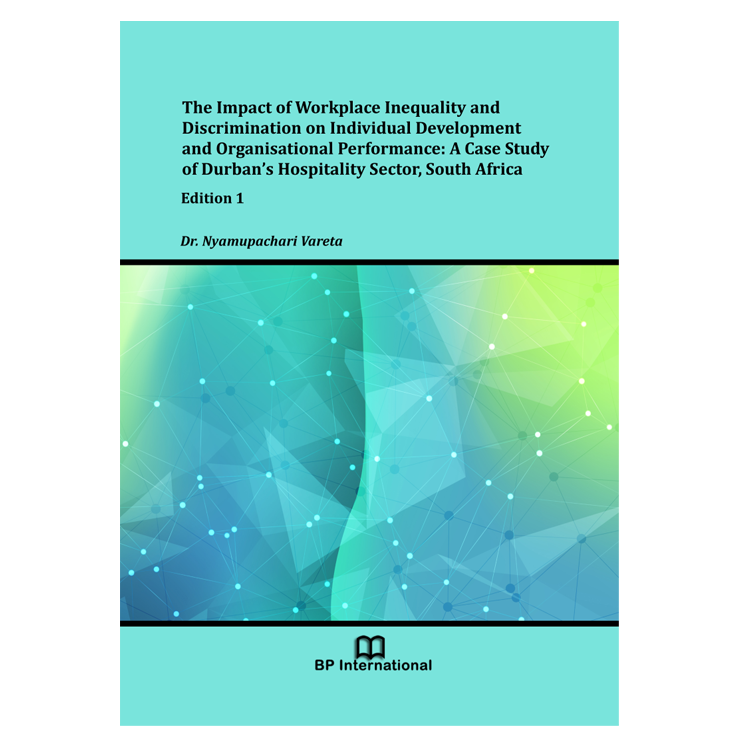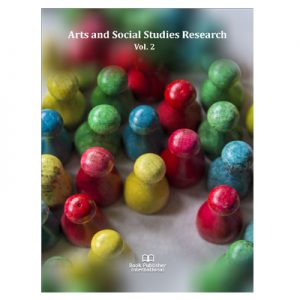When discrimination was made illegal in workplaces, workers strived to achieve equality and inclusiveness. This aspirational dream has remained largely elusive to most workers in small and large organizations worldwide. The transformative, even revolutionary changes of recent decades in Africa’s racial landscape have left behind a perplexing if not disastrous residue of persistent racial inequality and discrimination. Unfortunately, it is primarily black workers and foreign workers from economically distressed countries who bear the brunt of this challenge.
In South Africa, 31 years after gaining independence, although there has been a slight decline in prejudice, the structures akin to Jim Crow remain unshaken, and discrimination has only officially been outlawed following years of apartheid. Yet, racial inequality continues to be stubbornly entrenched across various spheres. While South African society has evolved significantly, the question remains: why do the barriers to racial equality endure so discouragingly?
This book highlights workers’ experiences within the hotel industry, informed by two years of observation across numerous hotels in different countries. Women, recent graduates, and foreign workers are often subject to strenuous labor under harsh conditions. Unfortunately, current laws and trade unions always fail to give enough protection against exploitation and discrimination. The ramifications of inequality and discrimination extend far beyond individual workers. Employers are required to protect all workers, regardless of their background, to safeguard their rights and the interests of their businesses effectively.





